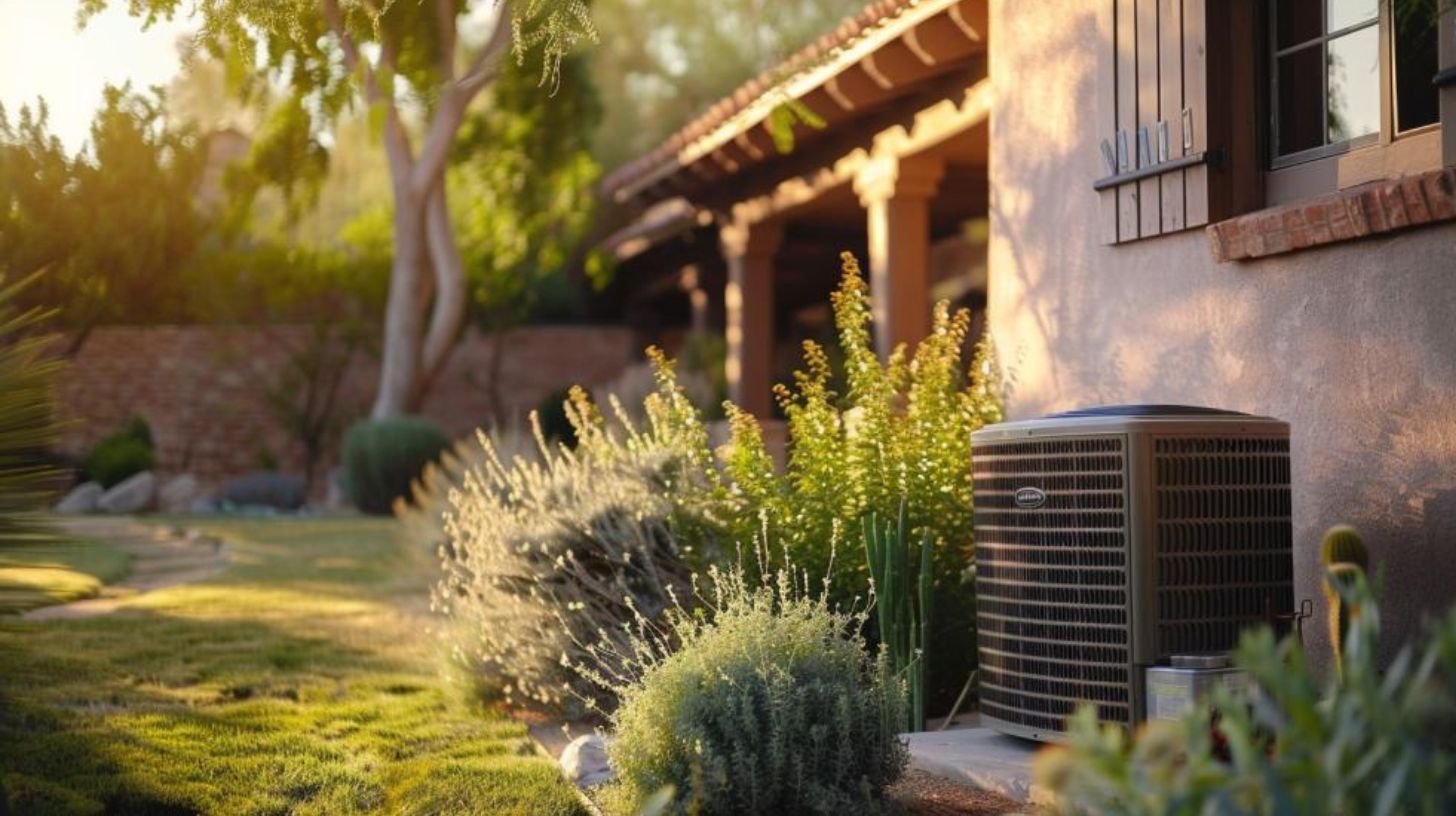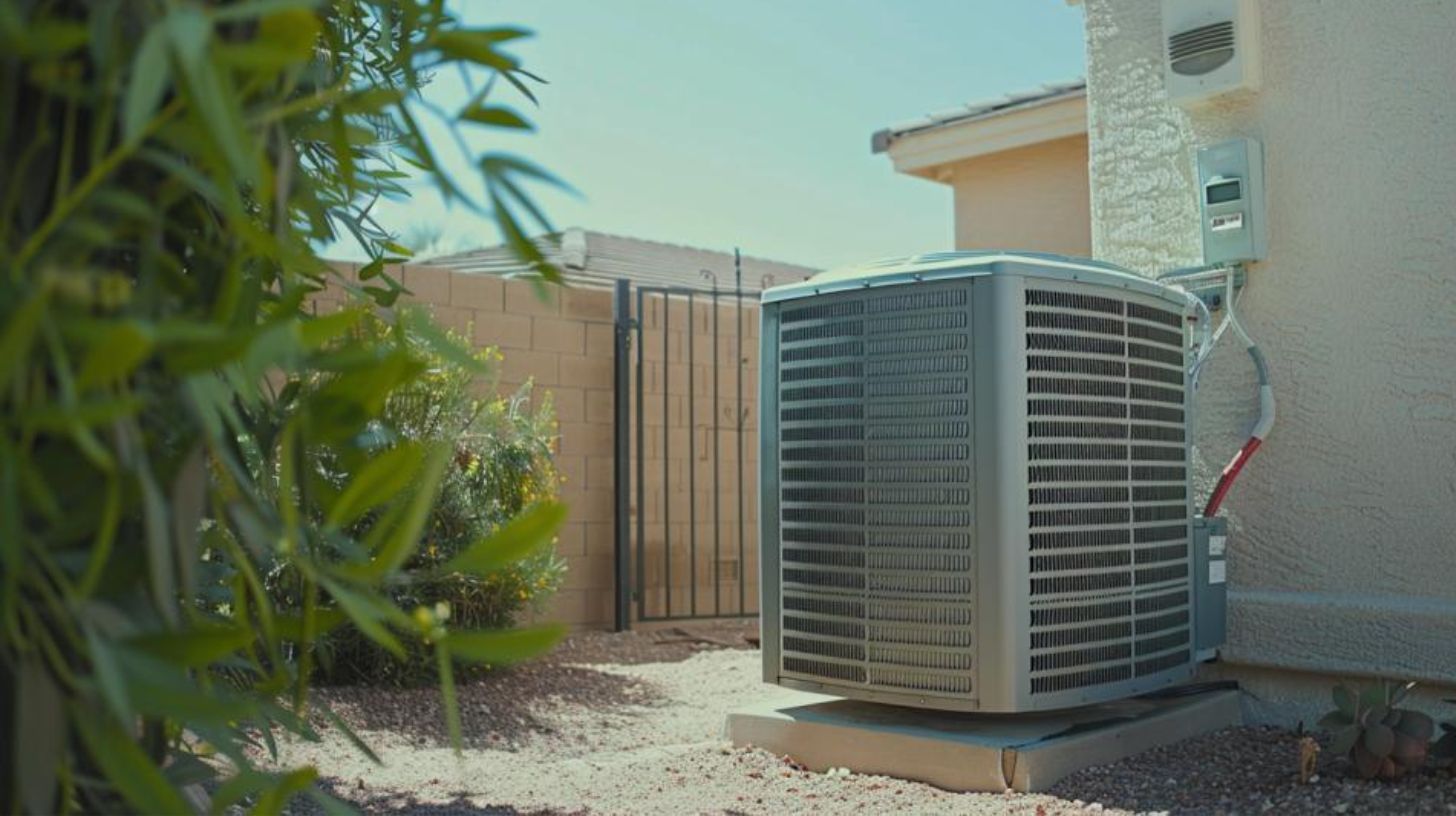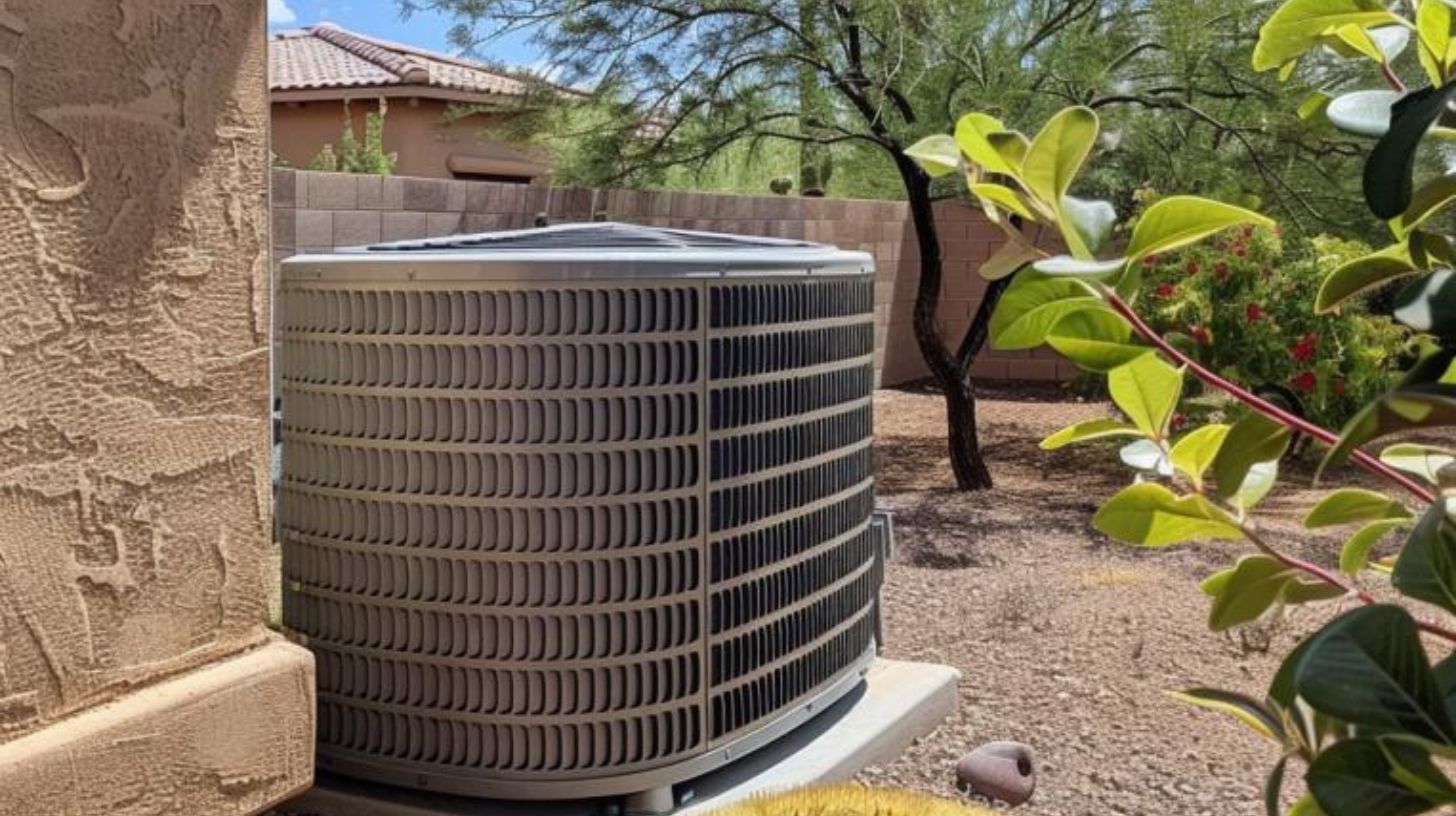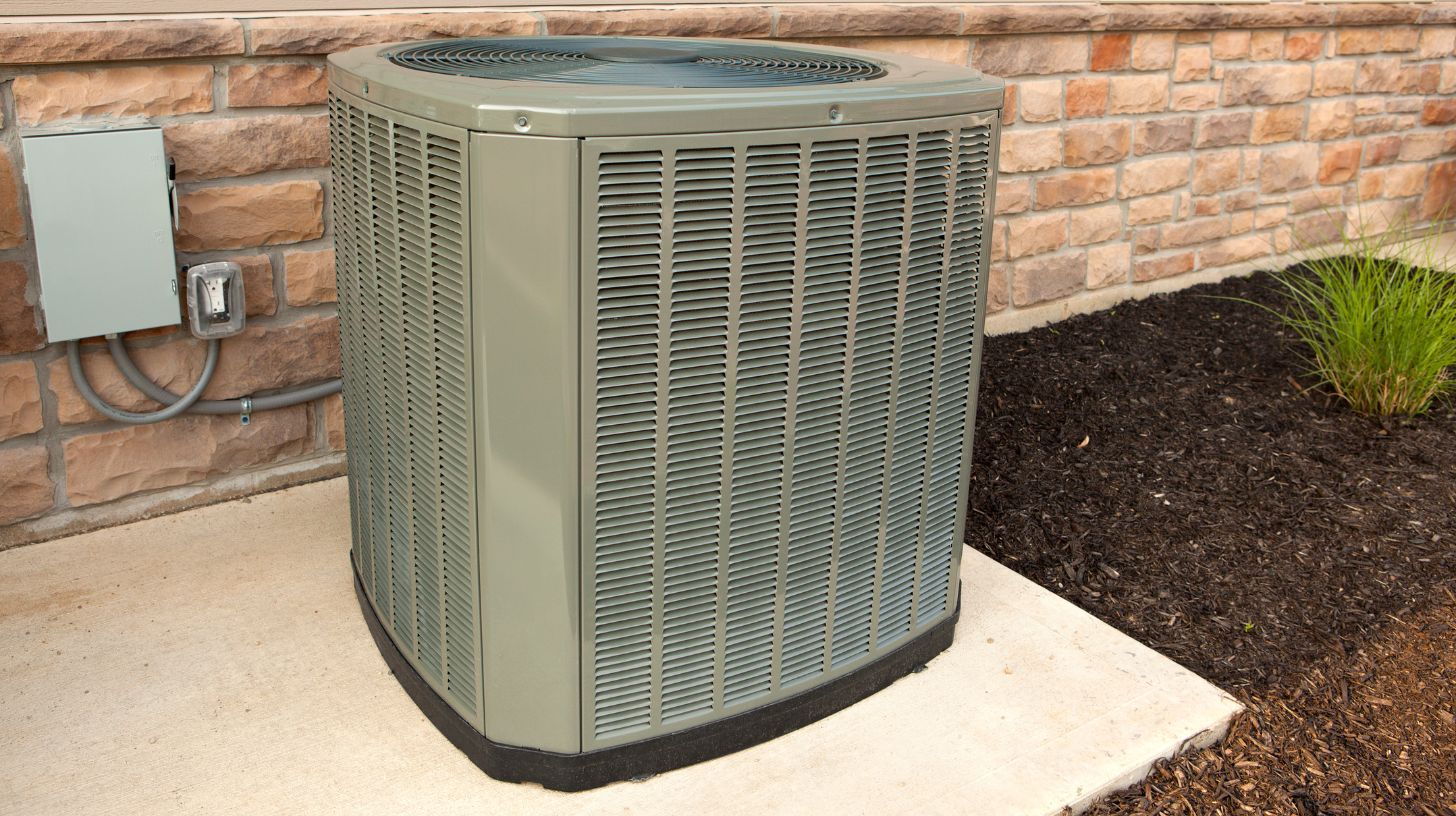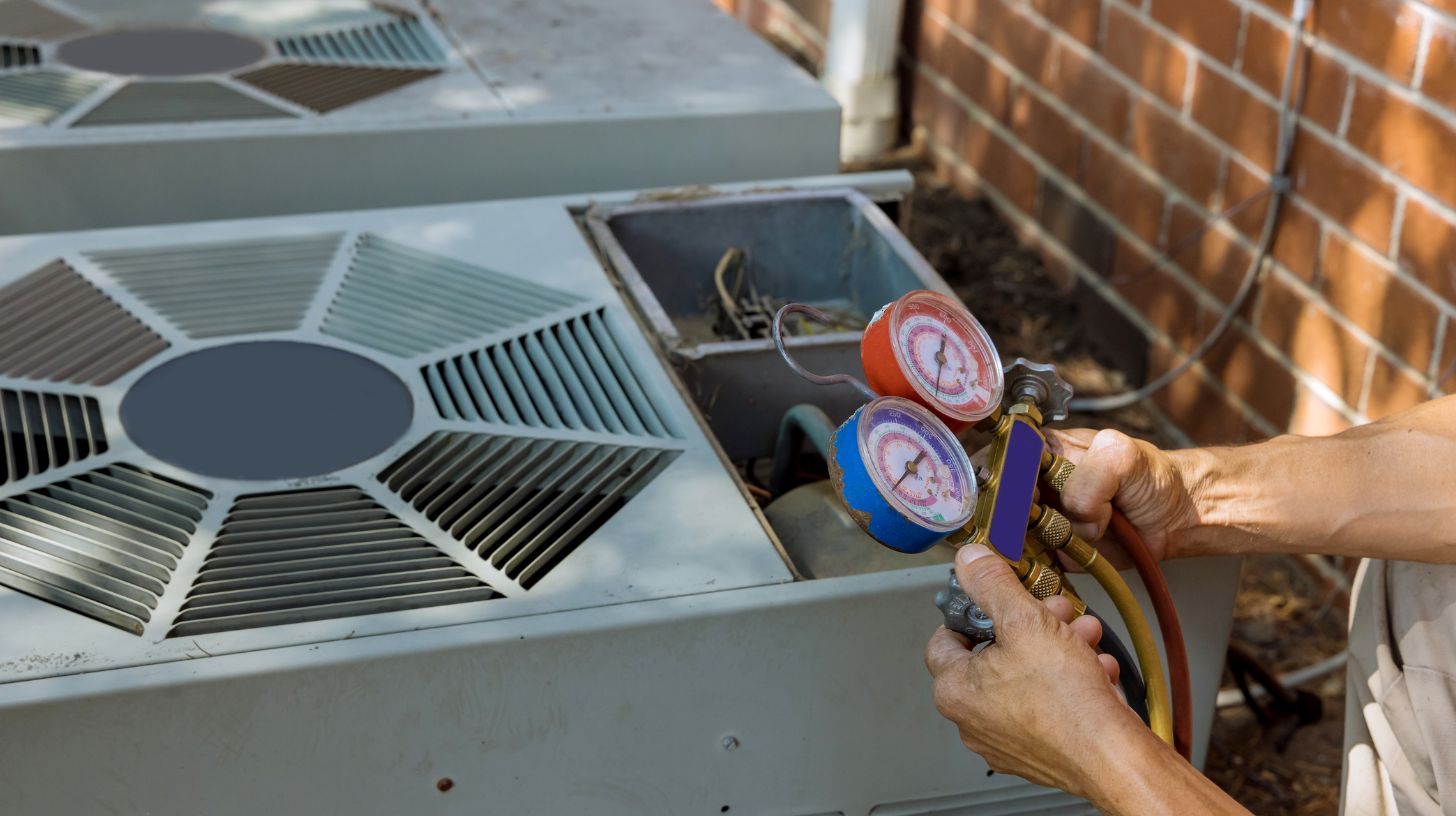Spring AC Maintenance Tips for a Trouble-Free Summer: An Essential Guide
TL;DR: Regular AC maintenance is crucial for efficiency and longevity. Spring maintenance tips include replacing air filters, cleaning around the outdoor unit, and inspecting vital components like condenser coils and refrigerant levels. Professional maintenance is recommended annually to ensure smooth operation during summer. Contact Semper Fi Heating & Cooling for expert assistance in keeping your home cool and comfortable.
Regular AC maintenance is key to enhancing the efficiency and longevity of your air conditioner, making those sweltering days more bearable. By focusing on spring AC maintenance tips for a trouble-free summer, you can also prevent unexpected breakdowns and optimize performance.
Maintenance isn’t just about repairs but also about keeping your home a cool oasis, especially in areas exceeding 100°F during the summer months. This article is your go-to guide for maintaining your home’s AC system. We’ll cover crucial steps like replacing AC filters, cleaning around the outdoor unit, and inspecting the vital components.
By following these tips, you’ll ensure your system runs smoothly, keeping your home comfortable all summer long. Plus, with an emphasis on efficient maintenance, you’ll be prepared to enjoy the cool air without any hitches.
Check and Replace Your Air Filters
When it comes to home AC maintenance tips, the first step you can take is to check and replace your air filters. This action ensures your system runs properly and enhances the air quality in your home. A clean filter ensures that your AC doesn’t have to work overtime (saving you money on energy bills), and it prevents the recirculation of dust and allergens.
Here’s a fun and straightforward guide to keeping your air filters in top shape:
- Locate Your Filter. Typically, it’s near the thermostat. If it’s playing hide-and-seek, gently pull apart the unit or remove a part to reveal the filter.
- Replacement Frequency. Change the filters every 1-3 months. If you have pets, or if the AC is your best friend during summer, check their condition monthly.
- The Right Fit. Ensure the new filter snugly fits, and the airflow arrow points like an arrow to its target.
- Visual Cue. If the filter looks more like a dust bunny habitat than a filter, it’s time for a change.
Clean Around The Outdoor Unit
Ensuring the outdoor AC unit is clean and free from obstructions is a key step in home AC maintenance. Here’s how to make this task manageable and maybe even a bit fun:
- Preparation. Turn off the AC at the thermostat and the power source to ensure safety.
- Remove Debris. Start by removing any branches, leaves, or toys around the unit. Ensure there’s a 2-foot clearance around it.
- Vacuum Inside. Use a shop vacuum to clear out debris from inside the unit.
- Coil Cleaning. Gently brush the coils and apply a foaming AC condenser coil cleaner before letting it sit for 5-10 minutes. Then, rinse it off with a hose. However, try being careful to avoid electrical components.
- Post-Cleaning. Replace the unit’s top and ensure it’s completely dry before turning it back on. Regularly remove debris and hose down the unit to maintain airflow and efficiency.
Following these steps annually, especially in the spring, helps keep your AC unit running smoothly, ensuring a cooler home during the hot summer months.
Inspect and Clean the Condenser Coils
Keeping your AC’s condenser coils clean is like giving your car a tune-up. It ensures everything runs smoothly and efficiently, especially during those hot summer months.
Here’s how to keep your condenser coils in tip-top shape:
- Safety First. Ensure the AC unit is turned off to prevent any electrical hazards.
- Debris Removal. Manually pick out any large debris or leaves from around the coils.
- Soft Brush Cleaning. Use a refrigerator coil brush or maybe a soft brush attachment on your vacuum, and gently brush away dust and dirt from the coils. Imagine you’re brushing away the cobwebs to let your AC breathe.
- Wash and Rinse. Spray the coils with a coil cleaner, letting it sit as per the instructions, then gently rinse with a garden hose. Avoid high pressure that could bend the fins.
- Fin Comb. If the fins are bent, carefully straighten them with a fin comb. Think of this as combing your AC’s hair for a neat appearance.
- Reassemble and Check. Once everything is dry, reattach the panels or grilles. Turn the AC unit on and see whether it performs better. Regular cleaning not only boosts efficiency but can extend the life of your AC, ensuring it keeps you cool for summers to come.
Check Your System’s Refrigerant Levels
Checking your system’s refrigerant levels might sound like a task for the pros, but with a few simple steps, you can get a basic idea of how your AC is performing. This doesn’t replace professional maintenance, but it’s a great way to stay informed about your system’s health.
- Assess the Coolant Lines. You can do this by looking for the refrigerant tubes or pipes that run from the evaporator inside to the condenser outside. Check these lines for frayed or missing insulation – this could be a sign of wear that needs attention. If you find damaged insulation, replace it with new foam sleeves to ensure efficient cooling.
- Signs of Low Refrigerant. Listen for hissing noises, which could indicate a leak. Notice any ice on the AC unit or an unexpected rise in energy bills. If your AC is blowing warm air or you see frost build-up, it’s time to investigate further.
Schedule Professional Maintenance
Scheduling professional maintenance for your air conditioning system is like giving your car a regular oil change; it’s essential for guaranteeing a smooth operation, especially during the heat of summer. Here’s a quick guide to getting this done without a hitch:
- Choose the Right Timing. Aim to schedule your AC maintenance during spring. This timing ensures your system is primed and ready for the summer heat. Annual checks are recommended, but for heat pump systems, consider servicing once every six months due to their year-round operation.
- Evaluate the Offered Service. A professional service visit typically includes a comprehensive checklist: inspection, testing, cleaning, and adjusting of your cooling or heating equipment. Expect tasks like coil cleaning, filter replacement, and checking refrigerant levels. Maintenance contracts may offer additional perks like twice-yearly inspections and discounts on parts.
- Discover Its Benefits. Beyond keeping your home cool, regular maintenance boosts energy efficiency, extends your system’s lifespan, and can prevent costly repairs down the line. In areas like Arizona, it’s even more critical to combat the effects of high temperatures during the warmer months of the year.
Conclusion
From swapping out dusty filters to giving your outdoor unit a spa day, we’ve covered the key steps to keep your home a refreshing retreat from the heat. If you feel like professional services can do this task better and more safely, contact Semper Fi Heating & Cooling for help.
So, as you put these spring AC maintenance tips for a trouble-free summer into practice, envision the serene and cool periods ahead. Keep in mind that the best maintenance is the kind that adds not just life to your AC, but joy and comfort to your warm days.
